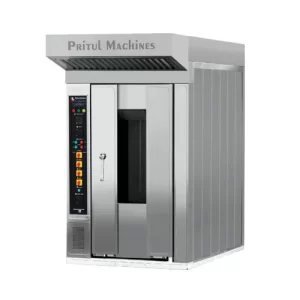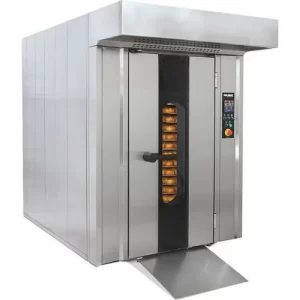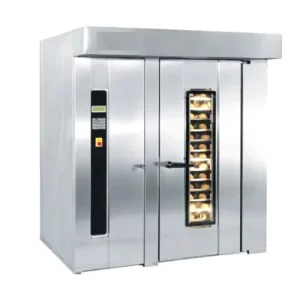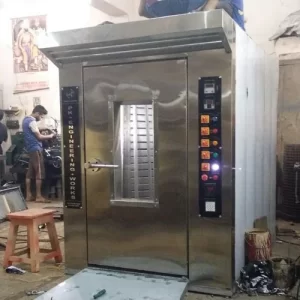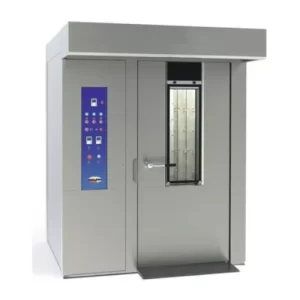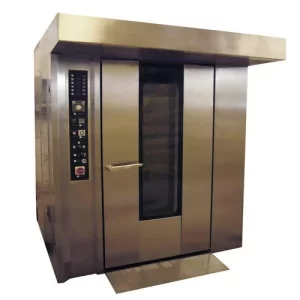Rusk Making Machine
-
₹387,072.00
-
₹216,576.00
-
₹225,792.00
-
₹244,224.00
-
₹271,872.00
-
₹221,184.00
Rusk Making Machine: The Ultimate Solution for Your Rusk Production Needs
Rusk making machines are designed to produce high-quality rusk products efficiently and effectively. These machines are used in various industries such as bakeries, food processing plants, and restaurants to produce a wide range of rusk products. In this comprehensive guide, we’ll explore the world of rusk making machines, their features, and how they can help you take your rusk production to the next level.
Understanding Rusk Making Machines
Rusk making machines are specialized equipment designed to produce rusk products. These machines use a combination of heat, moisture, and pressure to shape and bake the rusk dough into the desired shape and texture. Rusk making machines are available in various sizes and capacities to suit the needs of different industries and production volumes.
Types of Rusk Making Machines
- Automatic Rusk Making Machines: Automatic rusk making machines are designed to produce high-volume rusk products with minimal labor intervention. These machines are ideal for large-scale rusk production and are often used in commercial bakeries and food processing plants.
- Semi-Automatic Rusk Making Machines: Semi-automatic rusk making machines are designed to produce rusk products with some manual intervention. These machines are ideal for medium-scale rusk production and are often used in small to medium-sized bakeries and food processing plants.
- Manual Rusk Making Machines: Manual rusk making machines are designed to produce rusk products with manual intervention. These machines are ideal for small-scale rusk production and are often used in small bakeries and food processing plants.
Key Features of Rusk Making Machines
- Heat Control: Rusk making machines are designed to provide precise heat control to ensure that the rusk dough is baked to the desired temperature and texture.
- Moisture Control: Rusk making machines are designed to provide precise moisture control to ensure that the rusk dough is baked to the desired moisture level.
- Pressure Control: Rusk making machines are designed to provide precise pressure control to ensure that the rusk dough is shaped and baked to the desired texture.
- Automatic Dough Feeding: Rusk making machines are designed to provide automatic dough feeding to ensure that the rusk dough is fed into the machine consistently and efficiently.
- Automatic Rusk Ejection: Rusk making machines are designed to provide automatic rusk ejection to ensure that the rusk products are ejected from the machine consistently and efficiently.
Benefits of Investing in a Rusk Making Machine
- Increased Efficiency: Rusk making machines are designed to increase efficiency by automating the rusk production process, reducing labor costs and increasing production capacity.
- Improved Product Quality: Rusk making machines are designed to improve product quality by providing precise heat, moisture, and pressure control, ensuring that the rusk products are baked to the desired texture and texture.
- Increased Production Capacity: Rusk making machines are designed to increase production capacity by automating the rusk production process, allowing for faster and more efficient production of rusk products.
- Reduced Labor Costs: Rusk making machines are designed to reduce labor costs by automating the rusk production process, reducing the need for manual labor and increasing efficiency.
- Improved Safety: Rusk making machines are designed to improve safety by providing a controlled environment for the rusk production process, reducing the risk of accidents and injuries.
Choosing the Right Rusk Making Machine
When choosing a rusk making machine, it’s important to consider your specific needs and requirements. factors to consider include:
- Production Volume: Determine the volume of rusk products you need to produce and choose a machine that can handle that volume.
- Available Space: Measure your available space and choose a machine that fits comfortably in your production area.
- Fuel Type: Consider the fuel type that works best for your production needs, whether it’s electric, gas, or diesel.
- Budget: Set a realistic budget and choose a machine that fits within your financial constraints.
- Manufacturer Reputation: Choose a reputable manufacturer with a track record of producing high-quality, reliable machines.
Maintaining Your Rusk Making Machine
To ensure that your rusk making machine continues to perform at its best, it’s important to maintain it regularly. This includes:
- Cleaning: Clean the machine regularly to remove any built-up debris or residue.
- Calibration: Calibrate the machine regularly to ensure that it is operating at the correct temperature, moisture, and pressure levels.
- Preventive Maintenance: Schedule regular preventive maintenance checks to identify and address any potential issues before they become major problems.
- Replacement Parts: Use only genuine replacement parts from the manufacturer to ensure optimal performance and safety.
- Training: Train your staff on proper machine operation and maintenance to ensure that it is used safely and efficiently.
Conclusion
Rusk making machines are an essential investment for any business looking to produce high-quality rusk products efficiently and effectively. By choosing the right machine and maintaining it properly, you can ensure consistent, high-quality rusk production and increase your productivity and profitability. Whether you’re a small bakery or a large-scale food processing plant, there’s a rusk making machine out there that’s perfect for your needs.
FAQ
- What types of rusk making machines are available?
- Automatic rusk making machines
- Semi-automatic rusk making machines
- Manual rusk making machines
- What are the key features to look for in a rusk making machine?
- Heat control
- Moisture control
- Pressure control
- Automatic dough feeding
- Automatic rusk ejection
- What are the benefits of investing in a rusk making machine?
- Increased efficiency
- Improved product quality
- Increased production capacity
- Reduced labor costs
- Improved safety
- How do I choose the right rusk making machine for my business?
- Consider your production volume
- Measure your available space
- Choose the appropriate fuel type
- Set a realistic budget
- Choose a reputable manufacturer
- How do I maintain my rusk making machine?
- Clean the machine regularly
- Calibrate the machine regularly
- Schedule regular preventive maintenance checks
- Use genuine replacement parts
- Train your staff on proper machine operation and maintenance
- What types of rusk products can I produce with a rusk making machine?
- Rusk bread
- Rusk crackers
- Rusk cookies
- Rusk cakes
- Rusk pastries
- How do I ensure consistent rusk production with my rusk making machine?
- Use high-quality ingredients
- Follow recipes precisely
- Monitor the production process closely
- Adjust temperature and production time as needed
- Allow rusk products to cool completely before packaging
- What safety precautions should I take when using a rusk making machine?
- Wear heat-resistant gloves when handling hot items
- Keep the machine door closed during operation
- Avoid placing flammable materials near the machine
- Keep the machine clean and free of debris
- Train staff on proper machine safety procedures
- How do I troubleshoot common issues with my rusk making machine?
- Check the machine’s temperature control system for accuracy
- Inspect the machine’s door seal for any gaps or cracks
- Clean the machine thoroughly to remove any built-up debris
- Check the machine’s electrical or gas connections for any issues
- Consult the manufacturer’s troubleshooting guide for specific issues
- What is the average lifespan of a rusk making machine?
- With proper maintenance and care, a rusk making machine can last for many years. However, the exact lifespan will depend on factors such as usage frequency, maintenance schedule, and environmental conditions.

